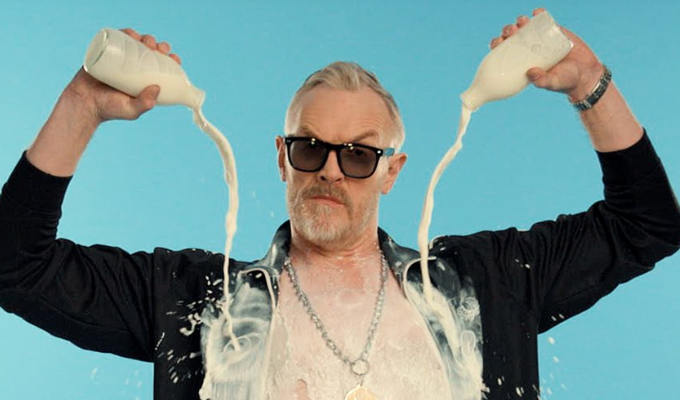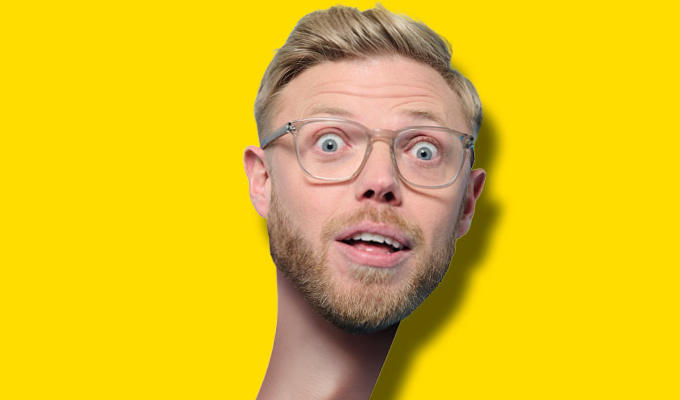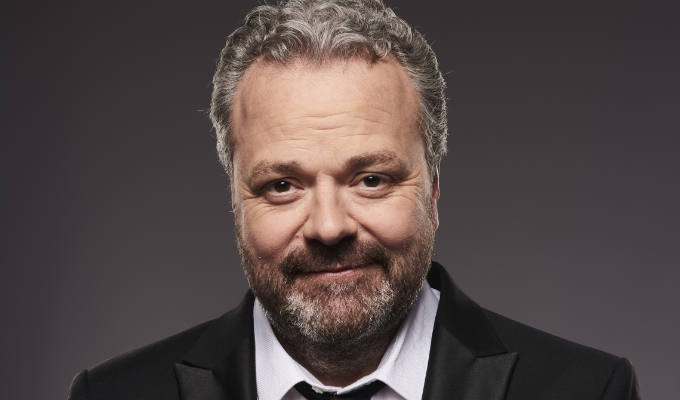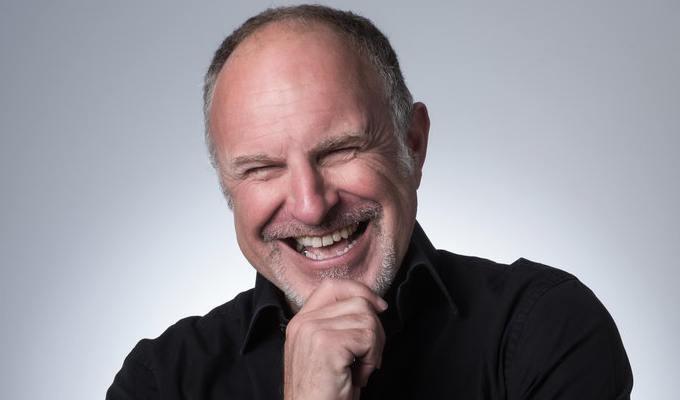Tackling authority with gags
Comedians have the power to challenge authority because the defence 'it's only a joke' give them a licence to say the unsayable.That was the conclusion of a panel of comics, who agreed that at its most powerful, comedy was a way to make people to feel part of a like-minded movement, less helpless in the face of powerful governments or corporations.
Left-wing stand-up Mark Thomas said comedy had its power because it distilled the voice of ordinary people, coming through an everyman rather than being the pronouncements of an authority figure.
‘Comedy is a dirty little club that takes place in dark basements full of drunk people,’ he told an audience at the London Literature Festival on Friday. 'We have no status, so we can really say anything. Comedy has the best chance of fighting censorship.’
But fellow panellist Armando Iannucci cast some doubt on the how important comedy really is, recounting a surreal experience when he ended up discussing the Middle East with Robin Cook on BBC Two’s Daily Politics Show. He felt his contributions on such major issues were worthless and ill-informed, and recalled thinking: 'What use is this to anybody?'
But Thomas replied that he was fulfilling a useful role as a voice of the people. ‘You're there saying, “I know nothing about this, and even I can see that that’s bullshit,”’ he said
Novelist and stand-up AL Kennedy said humour's role in defusing tension and coping with turmoil was useful. 'There's the fight option, the flight option or the funny option,’ she said.
She added that comedy was a good way of tackling big issues because 'it’s a way of coming in sideways, it’s human scale.’
And she said that being in an audience could help stir a political feeling. ‘It's a communal experience,’ she said. ‘It’s a way of saying, “Yes, this is the stuff I'm annoyed with, too.”’
Thomas agreed with the sentiment. ‘I was involved in the early Terence Higgins Trust gigs for Aids,’ he recalled. ‘There was something wonderful about those gigs taking place in the face of terrible homophopbia; something indescribable about that feeling of unity and togetherness they created.’
Iannucci told the audience at London’s South Bank Centre that he never set out to create overtly political comedy. 'I never consider what we do has any effect,' he said. ‘It feels like comment or opinion.’
‘But the mainstream media didn’t do its job properly questioning the build-up to war on Iraq. So, not consciously, I suddenly found myself in an empty space where there should have been journalists, commentators and analysists.’
However, he also warned against putting too much faith in comedy to confront big issues, saying: ‘It’s a bit of a cheat because a punchline allows you not to have well thought-out ideas that would not stand up to scrutiny.’
Thomas added that comedy could also be helping maintain the status quo by offering a controlled release for dissent, in the way ancient festivals did.
But he added: “There is a paradox. There were these two Burmese comics, U Pa Pa Lay and U Lu Zaw who were jailed for telling jokes. It shows comedians have some power. I know they’re not going to appreciate that in jail, but it does.’
‘I’m always attracted to areas when they say, “You can’t say that”. I want to know why.
‘After the death of Princess Diana, Jongleurs put up notices in the dressing room saying “Comics are not to mention Princess Diana”. Most obeyed. That’s when you despair.’
Iannucci said he had experienced little overt censorship in his time making programmes for the BBC, save for one gag in I’m Alan Partridge which suggested newsreader Martyn Lewis had procured free power showers from Dolphin Bathrooms, which the lawyers became nervous about.
But he added: ‘The real controversy is censorship of the intellectual. Any programme that requires intellectual application from the audience is bound to be dumbed down.’
Published: 8 Jul 2007






